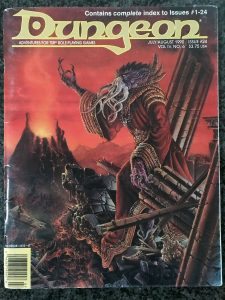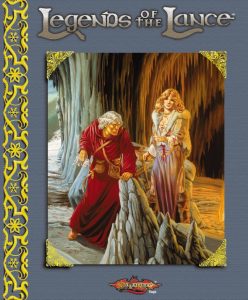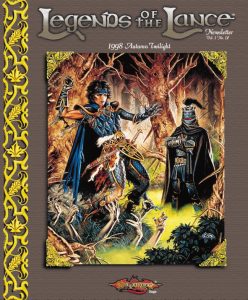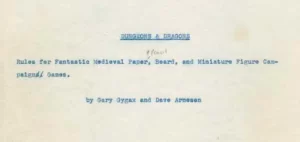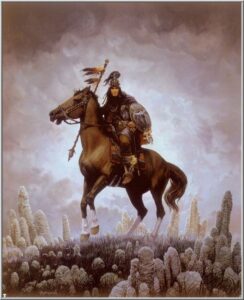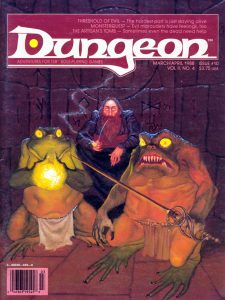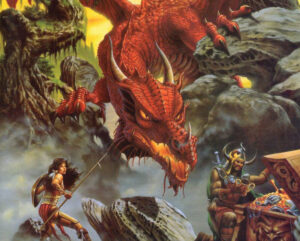
Merchants sometimes come from distant lands bearing exotic wares and have wildly different specialties. Even within a specialty, merchants are of dramatically different quality depending on the materials they can acquire, and their skill at the art of commerce.
Some areas are exceptionally good (or poor) locations in which to find merchants. The intersection of two major trade routes can yield merchants of a much higher quality than a forgotten outpost deep in the borderlands.
Whether scrupulous or unscrupulous, merchants tend to obey certain rules when trading.
Merchants may be willing to buy items the players wish to sell, usually those that are of and good make and similar enough to the items the merchant already carries. Merchants often are willing to pay half the ordinary price for wares the players are selling, excepting magic items, which obey their own special rules (see below). Currency carried by merchants for such purposes is typically kept in a secure location, such as a trapped lockbox.
Some merchants, particularly those in remote areas or belonging to societies without an emphasis on coinage or currency, may be willing to partake of barter for items in their inventories, exchanging items for items rather than coin.
In this case, a merchant will usually attempt to trade as evenly as possible but will never accept items worth less than what the purchaser is receiving. A merchant may append a 10% convenience fee onto the sale when bartering, or 25% in areas where bartering is less common.
Depending on the individual merchant, a customer haggling and attempting to get the merchant to lower prices may be fully expected, allowed as an occasional indulgence, or seen as a grave insult.
Many of the listed merchants, especially legendary merchants or those of good or excellent quality, have magic items in their inventories.
Being able and willing to provide goods and services is what makes a merchant a merchant. Most merchants have incredibly robust lists of goods that may be available to them, but not every item on a merchant's list is in their inventory.
Some items are not physically available in a merchant's shop at all, except perhaps as an example for demonstration purposes. An item listed as Made to Order is purchased before it is made, and once purchased takes a number of days to be completed equal to its gold cost divided by 10 (round up). Details specific to the item can be decided upon between the purchaser and merchant at the time of the item's sale. Once completed, the purchaser usually must retrieve the item from the merchant. Larger items are usually assembled on-site and do not need to be retrieved, and most Good or Excellent merchants are willing to deliver smaller items directly to their clientele.
Some merchants are able to cast spells for your benefit, in return for currency. Any specific merchant can only cast 3 spells per day, regardless of their spell level. A merchant is considered to have a spell attack modifier of +5, and a spell save DC of 13.
No two merchants are alike. But sometimes there is a reoccurring merchant. Twists of fate and circumstance, as well as convenient trade routes, can bring certain specific merchants into repeated contact with a party of adventurers.
Over time, reoccurring merchants might become more (or less) willing to haggle, as they become closer friends (or more contentious enemies) with the player characters. Consider how the party's relationship with a reoccurring merchant evolves, and what the merchant might ask of repeat customers and potential allies.
Sometimes, merchants with this specialty do not or cannot offer certain items due to geography, availability, or the merchant's own predilections.

